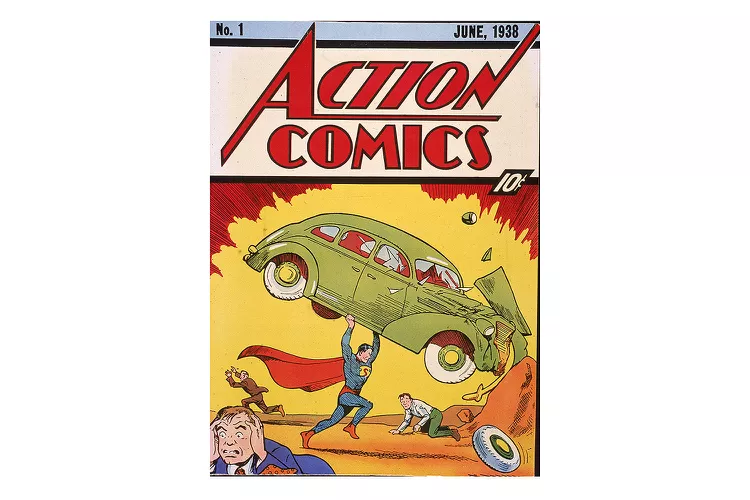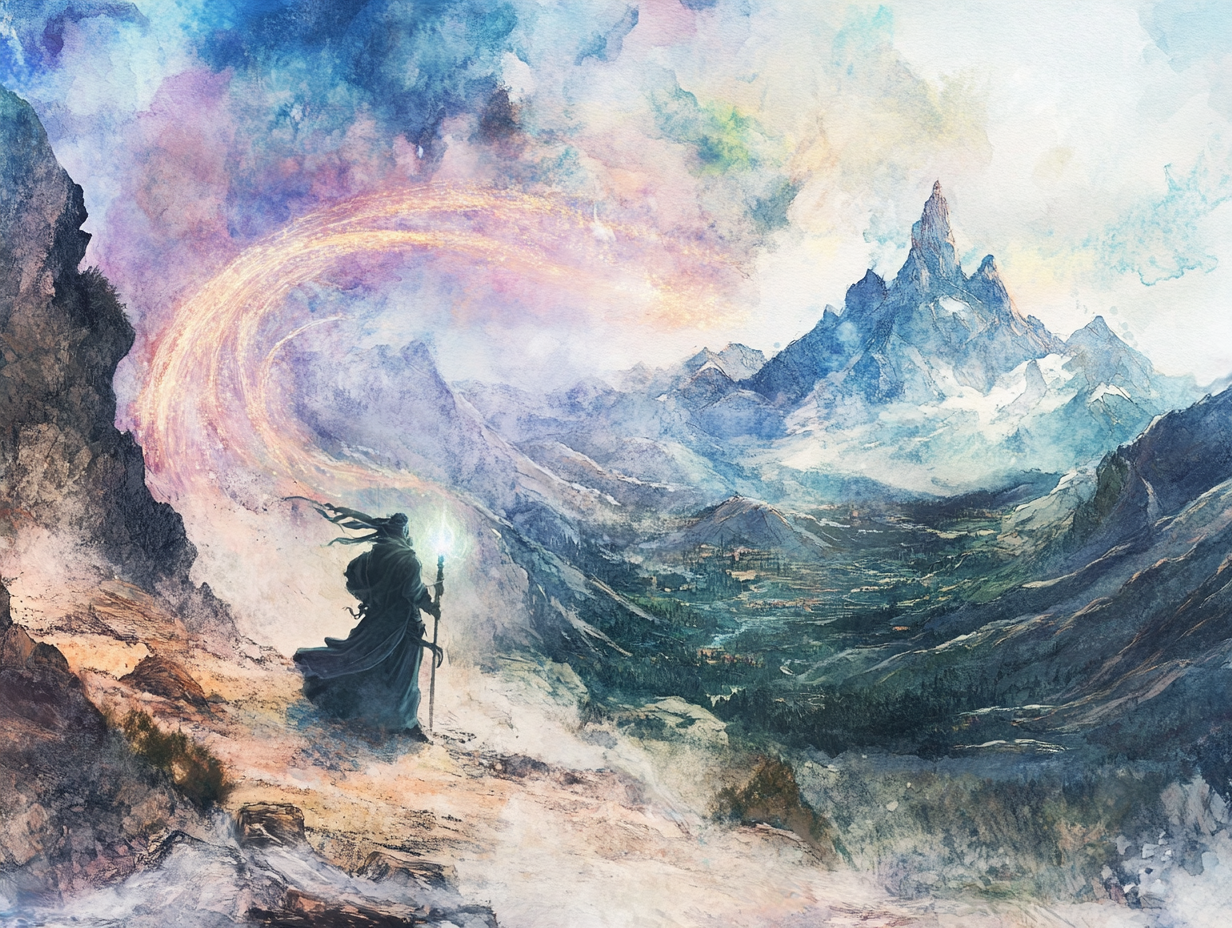Build Your Brand: The Power of Doing Something Meaningful
So, there’s this brand of peanut butter I really like called Nutty Novelties.
I eat it almost every day, and it compels me to do a little happy dance.
It’s clear to me that Nutty Novelties cares deeply about their product based on the consistency, their customer service, and how they’ve stayed true to their origin as they grow.
By now, I know what you’re thinking: what does this incredible peanut butter have to do with scented candles, Robert Downey Jr., and Artificial Intelligence?
I’m glad you asked.
✉️ Get the Infinite Impact
Join thousands getting weekly wisdom on unlocking hidden potential, building meta-abilities, and creating meaningful change through practical frameworks you can use immediately.
Someone → Everyone and No One
There’s a saying in business that when you target everyone, you target no one.
Yet, for companies to continue to grow, they must expand into new markets. One method of doing this is to acquire a competitor to grab market share or serve a new niche audience. More commonly, companies reformulate existing offers to be more palatable for a wider audience.
The irony is that the path to initial success is making something distinctive for someone specific. To grow beyond that, most will shift into making something generic for everyone— and no one in particular.
It’s a pattern that you can see if you look for it.
Craft → Commerce
My wife’s cousin has a candle company called Bai Sun Candles. He creates uniquely scented soy candles inspired by Asian nostalgia. It is a craft product for a specific audience that he is both a part of and cares deeply about.
His commitment to his core customer is evident in everything he does.
Could his company make more money, in the short term, if he started offering commonly popular scents like French Vanilla or Lavender? Sure, but his brand would be significantly diluted, and his audience would be less enthusiastic and loyal if he were to switch his focus from making candles specifically for them, with scents like Vietnamese Coffee, Steamed Rice, or Brown Sugar Boba.
His company continues to grow because he knows who he serves, and continues to keep what is meaningful to them as his north star. He understands that when our love of the craft is overtaken by our love of the commerce, something vitally important gets lost: our connection to the community of those who share our interests and values.
Unfortunately, that’s precisely what’s happening everywhere else.
Creativity → Commodity

Neither Jerry Siegel nor Joe Shuster created their little comic strip about a Superman hoping to give rise to an industry churning out billion-dollar blockbuster movies. They just loved their craft, loved comic books, and were trying to create a character that would resonate specifically with young readers.
The comic book industry has survived nearly a century, running exclusively on the creativity of its writers, artists, and the geek culture that embraced it. The general public often wrote it off as “just stuff for kids.” Geeks like me have been funding the superhero industry from the beginning.
When the first comic book movies came out, geeks like me were thrilled. These movies were for us, and we’d been waiting. I’ve been in the theater for every single superhero movie since Tim Burton’s Batman to the present day—including all of the poorly received attempts: Daredevil, Elektra, Fantastic Four (1, 2, and reboot).

But now, comic book movies are big business and must appeal to a mass audience in order to generate sizable enough returns for the studios. What was once something distinctive for someone specific has shifted to something generic for everyone—and no one in particular.
The evidence that this shift is now complete can be seen in the casting of the most beloved and most anticipated villain of all time: Doctor Doom. This was a pivotal moment for the community that sustained the comic book industry. Who would they cast to play this vitally important role?

At a recent Comic-Con, it was revealed that Robert Downey Jr.—whose iconic portrayal of Tony Stark (Iron Man) helped establish the Marvel Cinematic Universe—would be returning to play the role of Doctor Doom. The studio chose a stunt casting, safe play for one of its most important characters so the mass audience would buy a ticket.
While it might wind up being a good movie, that casting decision could never have been made by anyone who truly cared about the interests and values of its core community.
Magic → Mundane
The hopes and dreams of a young athlete who imagines competing on the world stage are packed with magic. The fascination and wonder they experience watching their favorite athlete is electric. The thought of meeting their idol or writing them a letter is so positively exciting, one could hardly imagine robbing them of that moment.
Unless you have a brand new AI product to pitch! Behold the race to the bland, flavorless center, in this Google Gemini commercial.
Are we really now encouraging children to outsource the expression of their feelings to artificial intelligence? Yes, apparently we are.
Whether it’s locally made nut butters, scented candles, comic books, or anything else, here’s where the problems arise. It’s when we stop caring deeply about what we do, why we do it, or lose sight of who we do it for. It’s why we instead start focusing exclusively on growth or mass appeal. The result is something wholly unremarkable and bland.
But we can reclaim the magic.
Reclaiming the Magic
The start of success almost always begins by making something for someone instead of something for anyone or everyone. The pressure to scale tricks us into abandoning our love of craft in order to appeal to a wider audience. Instead of making something for a small, select group of people just like us, we hunt for trends, look for news to jack, and cut corners to cut costs.
These are the same pressures that turn our hobbies into side hustles and our free time into monetization opportunities.
If you want to find the magic once more, you must find what is truly meaningful to you and to someone else. Stop worrying about your sales for long enough to make something worth buying.
Make something because you care. It might just be the only way to build a brand that people genuinely care about.
I hope you enjoyed this post!
If you liked this post, then you will LOVE my newsletter (The Infinite Impact)
and my learning community (The Superhero Institute).


